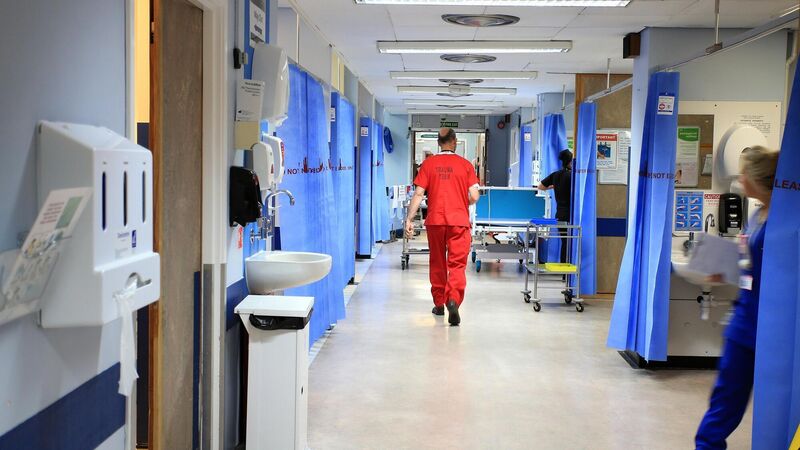Dr Michelle O'Driscoll: Don't be afraid to ask, 'could it be sepsis'?

Approximately 13,000 cases of sepsis are diagnosed in Irish hospitals annually.
- Slurred speech, new confusion, too sick to communicate, drowsiness;
- Extreme shivering, muscle aches, fever;
- Has not passed urine in the last 12 hours and does not feel like passing urine;
- Shortness of breath, lips tinged with blue, feels like your heart is racing, dizzy when you sit or stand;
- I feel like I’m going to die;
- Skin mottled and discoloured, new rash that is still visible when pressed on with a clear glass (glass test)






 App?
App?





